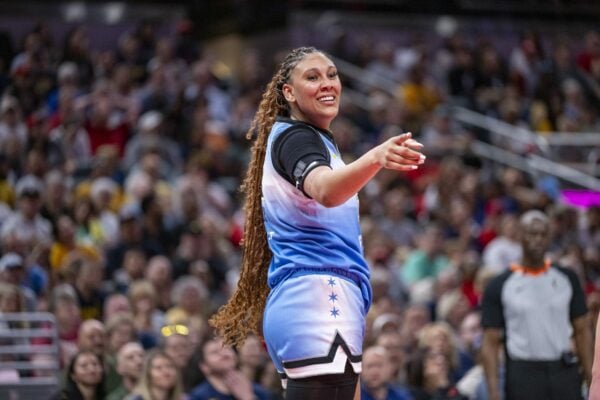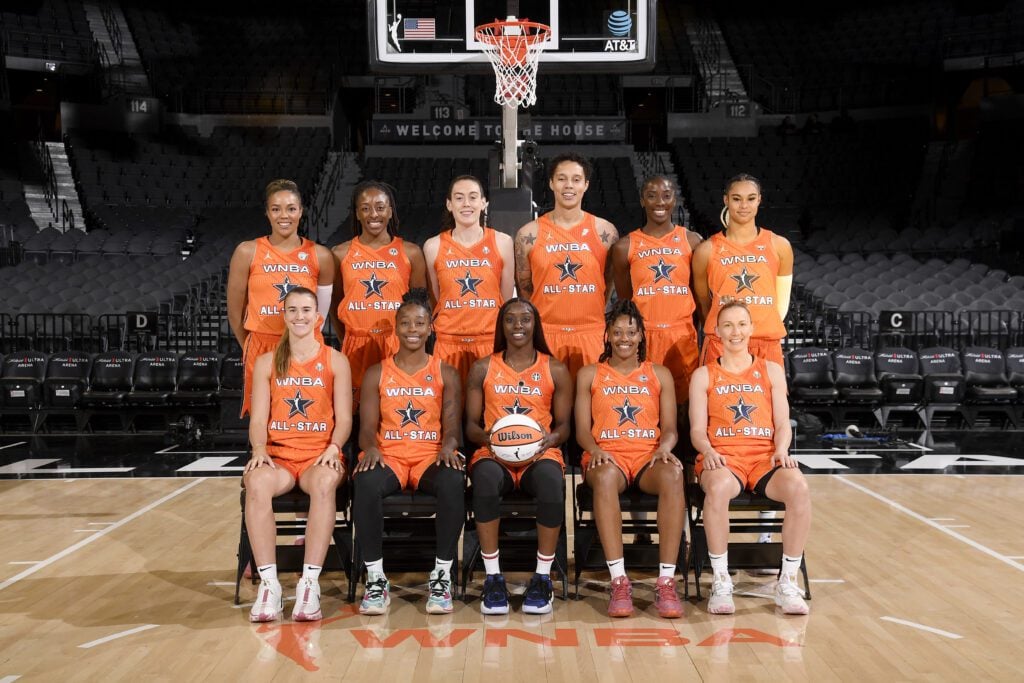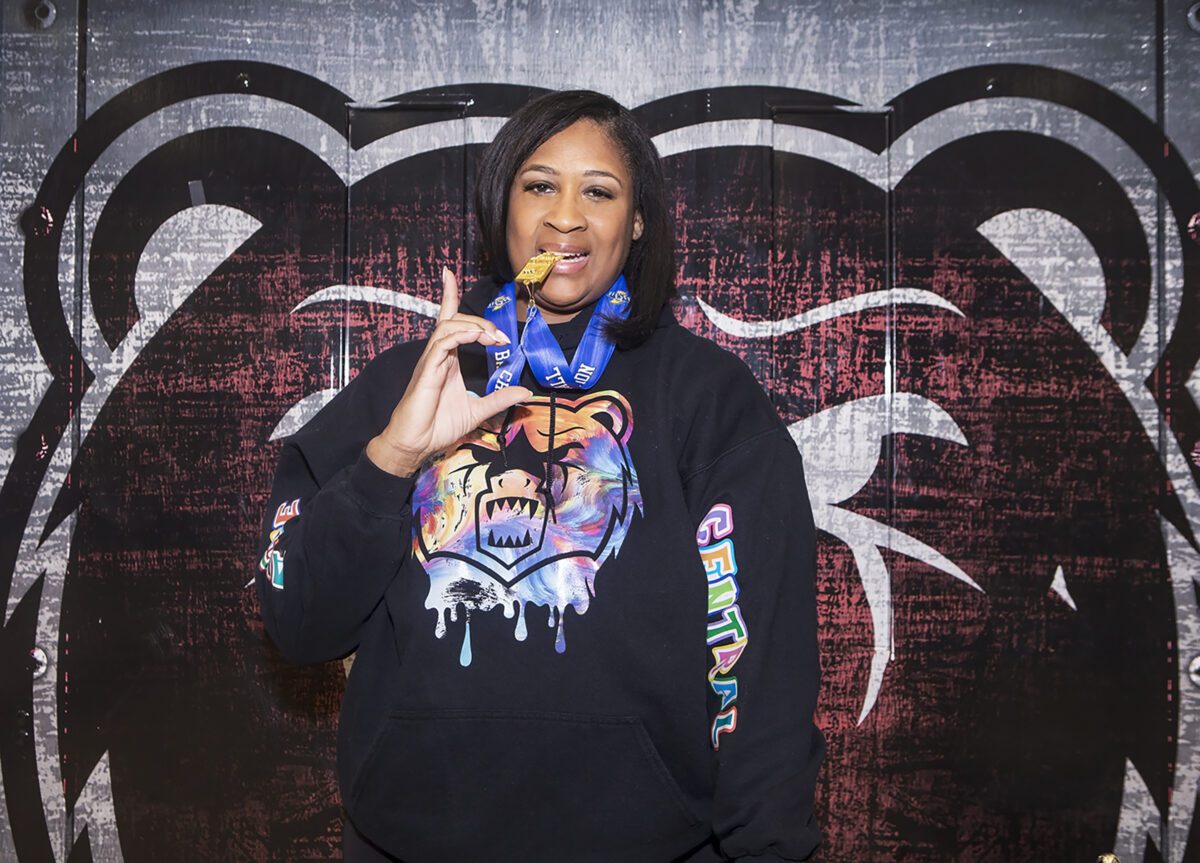In a move for equity and fair working conditions, the Women’s National Basketball Players Association (WNBPA) has chosen to opt out of the current collective bargaining agreement (CBA) with the WNBA, raising concerns about a possible lockout at the end of the 2025 season.
This decision, announced Oct. 21, one day after Game 5 of the WNBA Finals, is a call for a modernized agreement that aligns with the league’s recent growth and trajectory while addressing longstanding player grievances.
Current WNBA CBA and new demands
The existing agreement, which expires 2027, now gives players and league representatives until the end of next season to negotiate terms that better reflect the surging popularity of the WNBA. Recent statistics show viewership rising by 170% on ESPN, a 48% increase in attendance and CBS Sports viewership up by 86%.
WNBA players argue that their financial compensation, health benefits and working conditions lag behind this growth.
WNBPA President Nneka Ogwumike believes the CBA is outdated.
“The world has evolved since 2020,” Ogwumike said in a statement.
The WNBPA advocates for more equitable salaries, improved working conditions and expanded health benefits.
Ceaseless workplace issues

Long-standing work conditions have been another source of player dissatisfaction.
Los Angeles Sparks forward Deairca Hamby is a notable voice, highlighting the importance of a fair CBA. Hamby raised concerns about treatment during her time with the Las Vegas Aces, a situation that escalated to a league complaint and legal action.
Similarly, Seattle Storm’s Skylar Diggins-Smith voiced frustrations regarding maternity leave policies with the Phoenix Mercury in 2023, drawing attention to inadequate provisions for players balancing family and career.
Unrivaled: A new option

Adding to the dynamic landscape is “Unrivaled,” a new league founded by WNBA forwards Breanna Stewart and Napheesa Collier.
Beginning in January 2025, Unrivaled’s 3-on-3 format and its promise of equity stakes for early joiners are seen as transformative. With high-profile recruits like Caitlin Clark in discussions for seven-figure contracts and equity offers, the new league could offer WNBA players an alternative during the offseason. The new league could serve as a catalyst for better terms in the new CBA.
Former players speak on new WNBA CBA

Source link



















